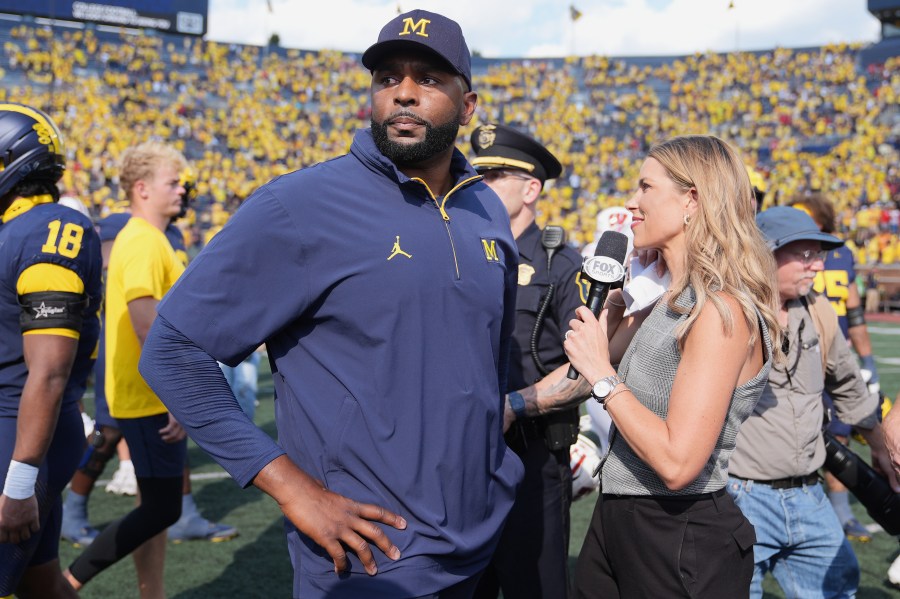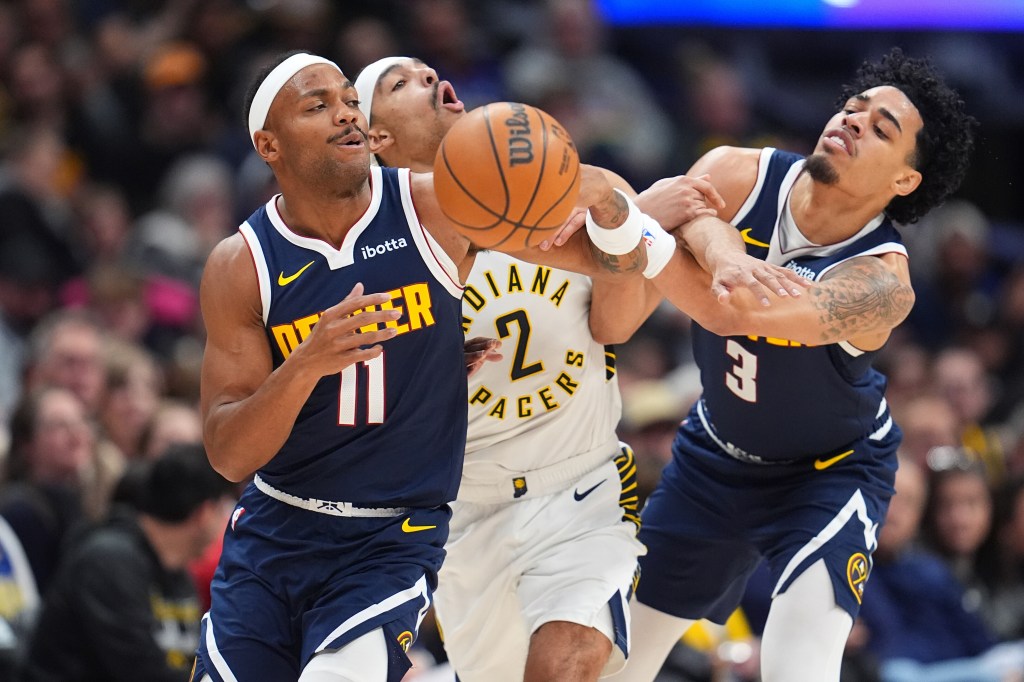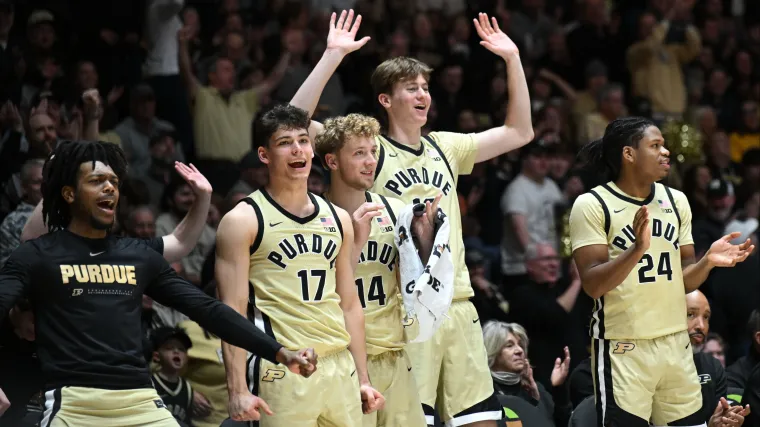The University of Michigan and football coach Sherrone Moore have officially withdrawn their appeal against the NCAA penalties related to a sign-stealing operation. This decision follows a series of sanctions imposed by the NCAA, which include a significant financial penalty and a suspension for Moore. The penalties stem from a scandal that has overshadowed the Wolverines for the past two years, including their appearance in the national championship during the 2023 season.
In a statement, the university explained, “After careful consideration of the prolonged impact of an appeal on Michigan and our student athletes, we have withdrawn our appeal of the NCAA’s infractions decision and penalties.” The Wolverines, currently ranked 21st with a record of 6-2 and 4-1 in the Big Ten, are set to host Purdue, which holds a record of 2-6 and 0-5, on Saturday.
Moore had previously withdrawn his appeal on September 29, after serving a self-imposed, two-game suspension. He will also face a suspension for the opening game of the 2026 season. The university completed its appeal withdrawal on October 6.
The NCAA’s findings, released in August, indicated “overwhelming” evidence of a cover-up by Michigan staff. The governing body noted there were “sufficient grounds for a multiyear postseason ban” against a program now classified as a repeat violator. Despite this, the NCAA opted against severe sanctions, concluding that a two-year postseason ban “would unfairly penalize student-athletes for the actions of coaches and staff” who have since departed.
The financial ramifications are substantial, with penalties expected to exceed $20 million. Additionally, Michigan’s football program is facing a 25% reduction in official recruiting visits this season and a 14-week prohibition on recruiting communications during its four-year probation period.
Initially, Michigan contested the NCAA’s decisions, asserting that the organization misinterpreted its bylaws and reached conclusions that contradicted the available evidence. The situation has drawn national attention, particularly regarding the involvement of Jim Harbaugh, a former Michigan quarterback currently coaching the NFL’s Los Angeles Chargers. Harbaugh is subject to a 10-year show-cause order following the expiration of a previous four-year order on August 7, 2028. He has consistently denied any knowledge of the sign-stealing operation.
Central to the scheme was Connor Stalions, a former low-level staffer who managed the scouting and sign-stealing efforts. Stalions received an eight-year show-cause order, effectively barring him from college athletics during that period. The NCAA clarified that while sign stealing is not explicitly against the rules, using scouts at in-season opponents’ games and employing electronic equipment to capture signals is prohibited. Stalions described the operation as elaborate, claiming to know nearly every signal used by opponents in seven games over two seasons.
As Michigan prepares for its upcoming game, the implications of the NCAA’s penalties continue to resonate, raising questions about the integrity of college athletics and the measures being enforced to uphold fairness within the sport.







